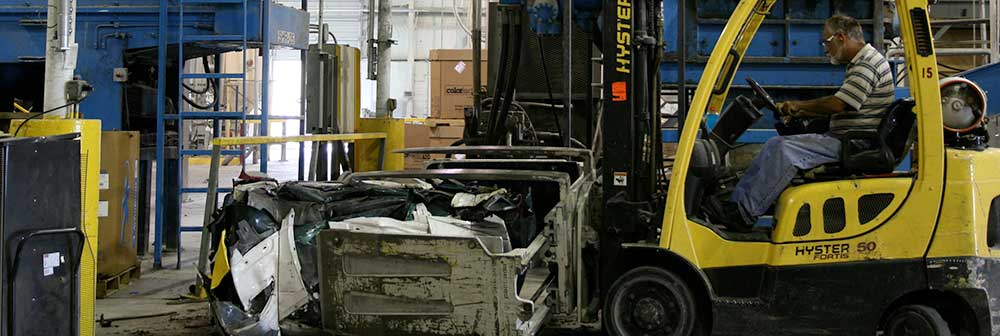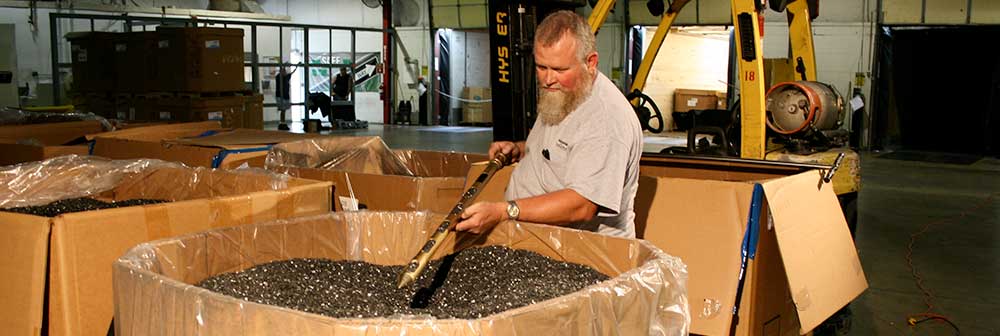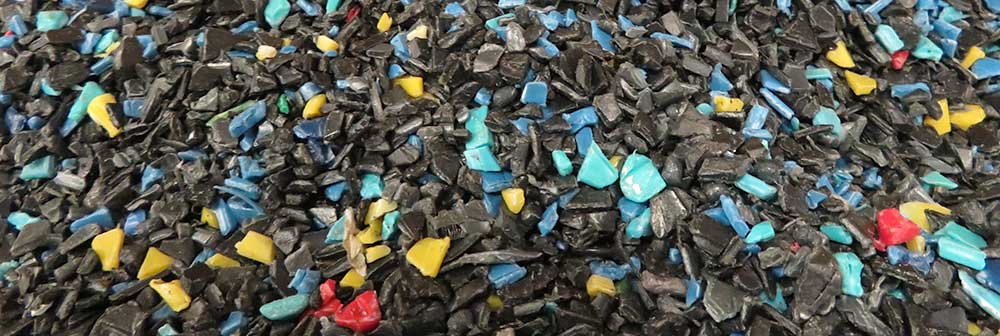Green Initiatives
Most of Infiltrator’s products are made of 95% recycled material.
As a leader in the use of “green materials,” we are devoted to sustainability through recycling plastics and energy conservation. Each year Infiltrator purchases 75,000 tons (68,038,856 kg) of post-consumer and post-industrial thermoplastics that might have otherwise been landfilled. Those materials are then used in the production of Infiltrator products.
In regards to energy, the production and installation of our wastewater treatment systems consumes less electricity and emits less carbon than conventional systems. Reducing the environmental footprint of materials, product manufacturing, and transportation is a global movement.
Infiltrator recently funded a quantitative research study to understand more about the carbon footprint of the onsite wastewater industry. The study evaluated the environmental impacts of both conventional septic systems consisting of a concrete septic tank and stone/pipe drainfield and systems using recycled thermoplastics tanks and chambers. Infiltrator found that even when transporting the recycled thermoplastic system 1,030 miles and conventional systems only 30 miles, the recycled systems reduced electricity consumption by 88%, fuel consumption by 67%, water consumption by 97% and carbon emissions by 44%. When compared to the total number of septic systems installed each year (estimated at 400,000 installed septic systems in 2013), this could amount to a total yearly savings of the following if every septic system was composed of recycled thermoplastics rather than conventional materials:
- 2.2 billion kWh of electricity = Over 665,000 people removed from the power grid for one year
- 1.8 billion kBtu of fuel = Over 35,000 cars off the road for one year
- 380 million gallons of water = Over 2.5 million people not using water for one day
- 59 kilotons of carbon = Nearly 900,000 trees
Comparison of Energy Use and Carbon Generated from the O&M of Passive Onsite and Centralized Wastewater Treatment Systems ›
by Jonathan Kaiser



